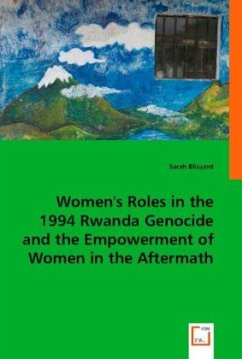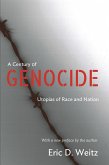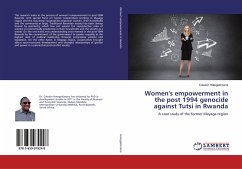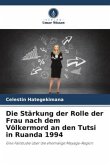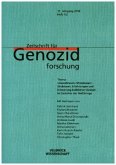Explorations of women's roles in armed conflict have traditionally focused on women as victims, which has lead to a limited understanding of the active roles women have played during and after conflicts. For example, analyses of the roles of women in the 1994 Rwanda genocide have largely focused on the victimization of women through rapes and mutilations, which leaves many dimensions unexplored. Exposing the roles of women in perpetrating violence or reconciliation efforts for example, can contribute to a more nuanced understanding of the roles of women in wartime and challenge the traditional gender stereotypes which that have denied women's agency dealing with the aftermath of conflict. This study aims to contribute to the literature on women and conflict, specifically ethnic conflict, by providing a broader and thus more accurate picture of the roles of women during and after the Rwanda genocide. Specifically this study explores the following question: What roles did Rwandan women play in the genocide and are women revealing their agency and abilities in the aftermath? This thesis explores the gendered nature of the Rwanda genocide as revealed in the violence committed against women and by women during the Rwanda genocide (women as victims and perpetrators), as well as the position of women in post-genocide Rwanda (their agency in reconciliation and reconstruction). This research represents a qualitative study based on information provided by news sources, ethnic conflict and genocide literature, feminist literature, reports by non-governmental organizations, and international organizations including the United Nations (specifically the International Criminal Tribunal for Rwanda) and the World Bank. The roles of women during and after conflict have been traditionally understood from a biased perspective, however the genocide in Rwanda has revealed the great extent to which women are affected by conflict, participate in conflict, and contribute to reconstruction and reconciliation efforts.
Bitte wählen Sie Ihr Anliegen aus.
Rechnungen
Retourenschein anfordern
Bestellstatus
Storno

